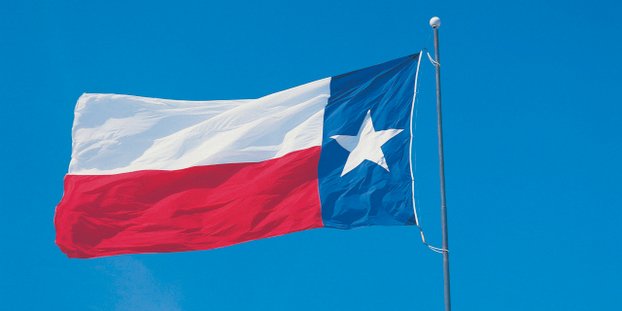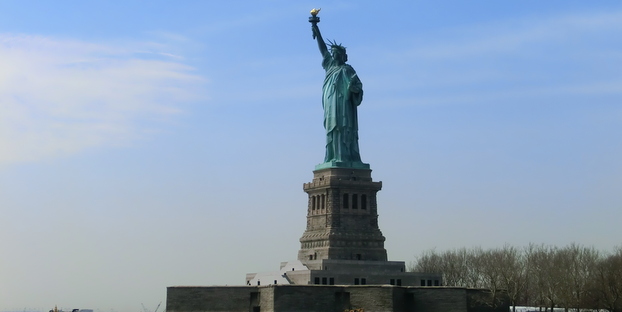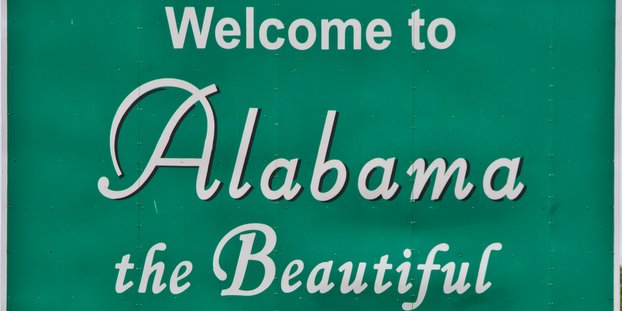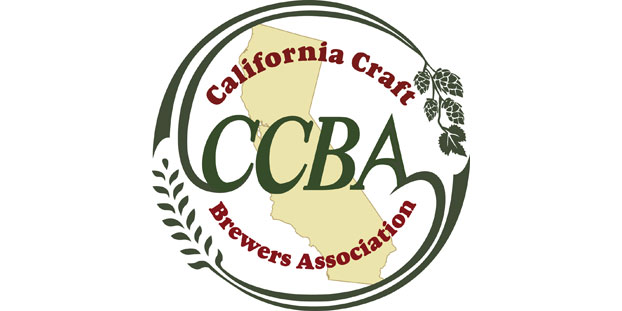Not unlike how the overall craft brewing industry has pushed for clear labeling between a craft beer and a beer produced by a national brewery, Hawaii’s craft brewers would like a little transparency into which beers are produced on the islands and which are produced on the mainland but passed off as a made-on-the-islands creation, mainly to be sure their drinking public is able to make an informed decision on local beer purchases.

We sat down with Thomas Kerns, of Big Island Brewhaus and president of the Hawaiian Craft Brewers Guild, and Garrett Marrero, founder of Maui Brewing Co. and past-president of the guild, to get a better handle on the labeling/packaging issue, local tax legislation, and just generally how craft beer does its business out on the islands.
Craft Brewing Business (CBB): Can you break down the local business issues that are going to impact Hawaiian craft brewers the most in 2013?
Kerns: We are all looking forward to an excise tax reduction for beer sold in the State of Hawaii for small craft brewers. Any brewery under 60,000 barrels (bbls) in production would see taxes go from 93 cents for packaged and 54 cents for draft down to 23 cents for both — if passed in the Hawaii State Legislature. Looks good so far; we shall see if there are any last minute conference changes before being approved by entire legislature and sent to governor.
Marrero: We believe this would make things more in line with similar legislation at the federal level, as well as several states that have two classifications in order to support the growing craft beer industry. The cost to the state in terms of tax revenue is miniscule, yet the benefits in supporting craft brewers growing are substantial. Job creation, increased tax revenue based on volume increases, etc.
CBB: Any other specific legislation you are keeping an eye on for 2013?
Kerns: A law requiring the actual origin of brewing and packaging is passing in the Hawaii State legislature.
Marrero: The labeling bill is a real hot button for brewers in the state. We are looking to protect Hawaii from profiteering on the image of Hawaii and the Hawaiian name. Too many products are made that bear the names, images and likeness to true Hawaiian products yet are not made in Hawaii. Several breweries, most notoriously Kona, make beers that are marketed as being Hawaiian but much of which is in fact made on the mainland. [As part of the Craft Brewers Alliance, Kona now produces beer in Hawaii; Portland, Ore.; Woodinville, Wash.; and Portsmouth, N.H. to meet its much higher mainland demands.] We seek to protect Hawaii and protect the consumer by supporting legislation requiring a statement of origin. Real simple, if it’s made here, say so; if it’s not, tell the truth on the label where it comes from. We defend our community and believe that truth in labeling is an important issue.
Kerns: Our gripe is they do not put the actual brewing origin of their beer on their labels by itself — thus it confuses consumers as to where it is actually brewed. We completely support a requirement of origin of brewing and packaging on labels that is not confusing to the consumer — to protect the consumer in Hawaii from confusion in the market. We believe craft beer is best served close to the source and should embody quality, integrity and a true sense of place.
CBB: How do you hope to influence those issues?
Kerns: We have lobbied with little opposition.
Marrero: We’ve collectively invested a great deal of time, money and effort in these lobbying initiatives to support craft beer in Hawaii.
CBB: Can you give us all a better idea of the craft brewing scene in Hawaii? What are the unique opportunities/challenges?
Kerns: Like throughout the rest of the U.S., craft beer is at an all-time high level of popularity and sales in Hawaii. There are seven or eight breweries right now [with several other openings planned]. One challenge is we are all mostly separated by water from each other and the rest of the world, yet all the while this isolation also creates a captive audience in Hawaii for Hawaiian beers. The distances also create increases in shipping cost and time, as well as less time for brewers to collaborate and meet face to face.
Marrero: High utility, insurance, fuel, CO2, and ultimately shipping costs coupled with some of the highest taxes in the country (currently $28.83/barrel on packaged product) make for a financially difficult place to brew and remain competitive. This is another reason why we are outspoken in communicating the truth about “fake local” beers.
CBB: What is the best way for a brewer to get involved in the political side of brewing?
Kerns: It’s very important that beer fans be involved. Submitting testimony and fighting for change with our legal system is important. For example, you cannot complain about the cost of a pint when you did nothing to fight increasing liquor taxes.
For those interested in Hawaiian craft beer culture, the Maui Brewers Festival will be coming up May 18 at the Maui Arts & Cultural Center, and The Inaugural Hilo Brewers Festival is June 1 in Hilo.





Leave a Reply
You must be logged in to post a comment.